When the founder of Moodle, Martin Dougiamas spent his childhood years roaming the desert in central Australia, little did he know that one day he would be part of a community with millions of members, that would initiate in Perth, in the early 2000s.
It was those early years that prepared the grounds for the Greek Australian programmer to go on and build the largest open source learning management system in the world, with over 330 million users in 242 countries.
Growing up in the 1970s, a thousand kilometres from the nearest town, Karlgoorlie, meant that Dougiamas used the only remote learning service available at the time, the School of the Air, and in his free time explored the desert until nightfall.
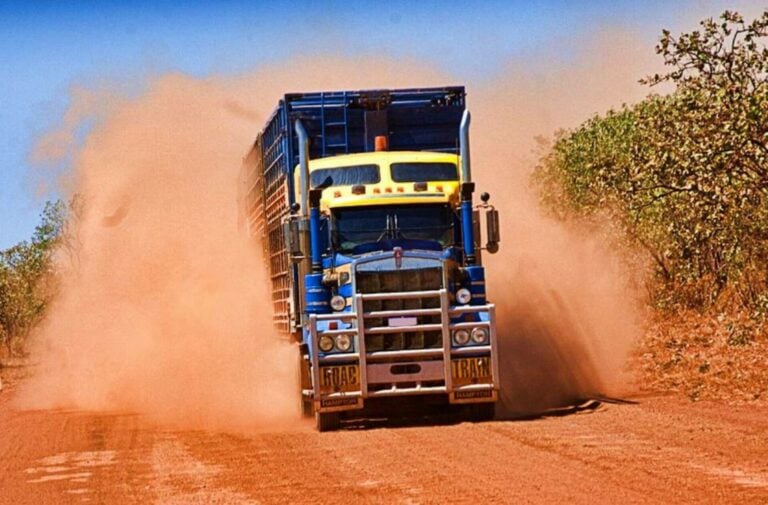
Away from social expectations and distractions, he studied at his own pace, his only interactions being with his parents, his little sister, and a small First Nations community, who worked with them on various projects.
“It was shortwave radio back then. In the backyard, we had an antenna that was a good 15-20 metres tall which I used to climb up on. And that was sending a radio signal that bounced off the atmosphere, and then down again into Kalgoorlie which was 1000 kilometres away. It was a three day drive to get to Kalgoorlie,” Martin Dougiamas said, describing to Neos Kosmos what remote learning was like in the desert and how easily they could get bogged in the sand dunes if they attempted to drive to the nearest town.
“I was the only European kid in town. And I had my dog. And when I wasn’t doing school stuff, or reading books around the house, I would go out with my dog all day to just explore the desert.”
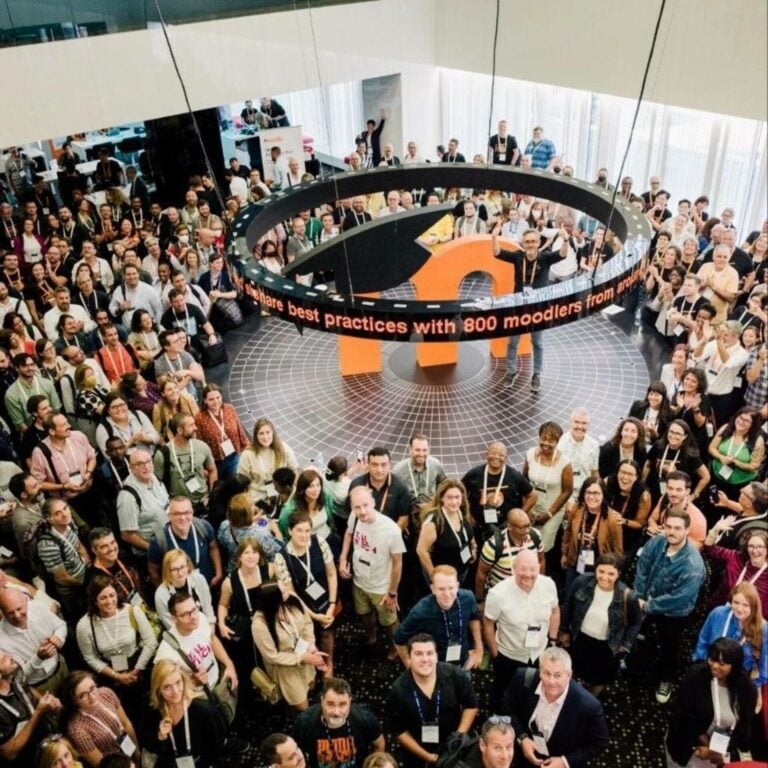
Dougiamas relays his parents’ story, of how they came to work and live in the Australian desert.
“My father, Alec, was an orphan from the war, and in his early 20s he boarded one of the many ships that were coming from Greece to Australia.” He landed in Melbourne, and after a working a stint at BHP factories, he ended up moving with a couple of friends to Kalgoorlie to work in the mines.
“It was there that he met my mother, a German nurse who had also emigrated to Australia with her family when she was 16.”
The two started to look for work together and they found a job with Western Mining, to build a town.
“They basically got dropped in the desert, out in the middle of nowhere with a whole lot of building equipment. And they were told to build a town from scratch, for 100 miners.”
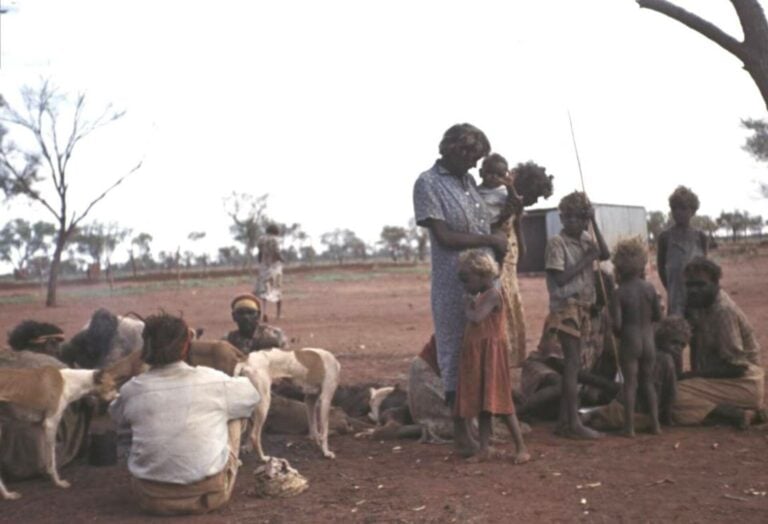
They learned as they went along, putting together these houses. “It was just them and the local Indigenous community. And they did a great job of it.”
“I think I got my ‘can-do’ attitude from my father,” Dougiamas adds, explaining that he finds this mentality to be inherent in the Greek people. Visiting the Greek islands recently he noticed that the inhabitants had the same habit of just fixing and building things themselves rather than relying on someone else to do the job. “My father has always been like that. And it’s the same with what I do in technologies. I just see problems and fix them.”
When he was 12, the family settled in Perth. Dougiamas was way ahead of his year level when he finally joined a classroom setting and by the age of 16, he had finished high school.
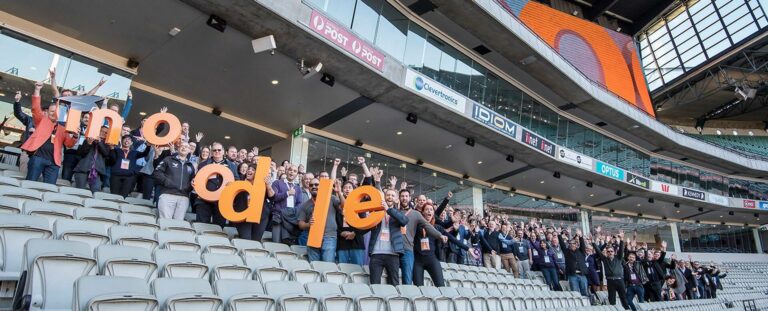
In those days, before online learning, the young Greek Australian, was already immersed in the internet, building tools and solving problems at Curtin University, helping academics get online and use the internet that was just gaining traction.
“Most people only really heard about the internet when the web was invented. But the internet obviously predates that by decades. I was using the internet already in the 1980s. I remember Australia being connected to the rest of the world and doing all this stuff with other people overseas.”
At Curtin University, he was at the right place at the right time as he had the knowledge and the skills to build the tools and help the academics get online.
“Those tools I was building, the prototypes, became Moodle. I put it online and made it a free, open source thing, and immediately, I started having people in other universities, and then schools asking for it.”
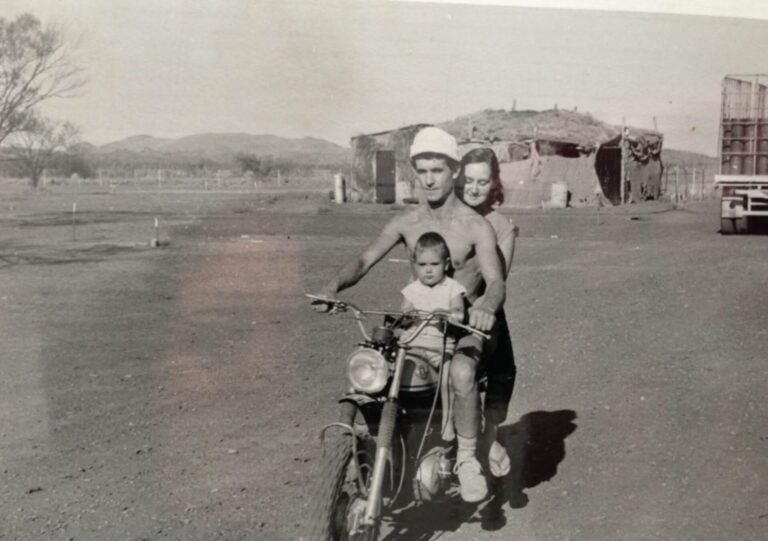
Though he hadn’t built the tools with schools in mind it seemed to work for them and even for companies as he soon found out, when Silicon Valley Bank started using Moodle in those early days.
“So it just became a learning platform for everybody. And it grew and grew.”
The “beautiful thing about open source”, he says, is that those committed people who want to solve problems for their own situation, can use Moodle as a tool. And it works where a lot of other things don’t, because they’re in a little school with no Internet and they need something local.
Martin Dougiamas recently returned to his roots, to receive an Honorary Doctorate from the University of Piraeus in recognition of his contribution and dedication to the field of education with the development of Moodle LMS.
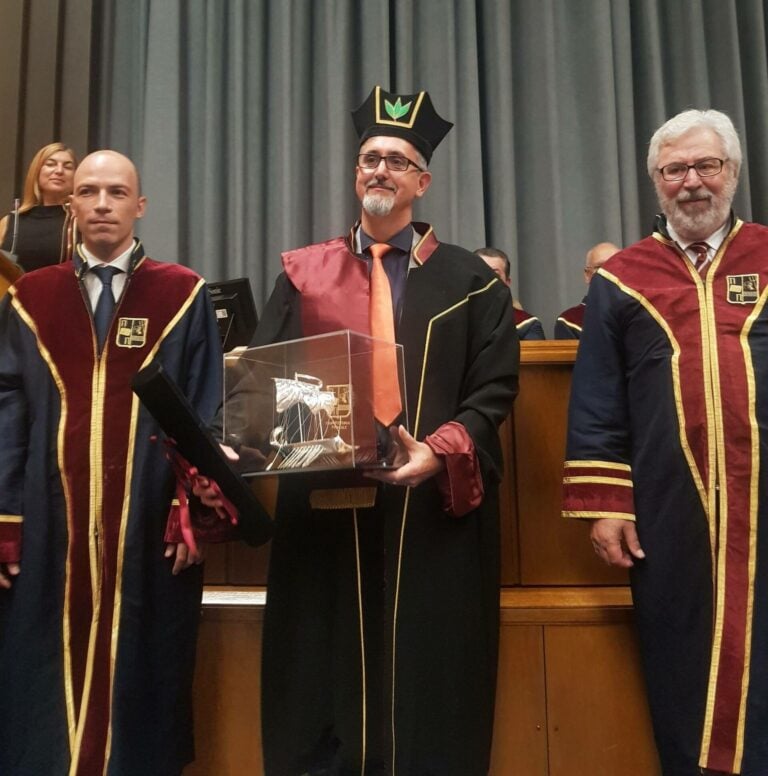
Receiving this honour in the country of his heritage and “the birthplace of the tradition of education for modern civilisation,” was an incredible moment for him, Dougiamas said, and in his acceptance speech he included a call to action for education to be considered a human right to learn, grow, and evolve to our fullest potential. He also dedicated this recognition to everyone in the Moodle community for “their efforts in building and supporting the ecosystem we now have”.
It is this community of likeminded people that he is most proud of, he told Neos Kosmos.
“It’s all these people that are driving great educational change in their own countries using open source, Moodle included, and other things.”
“We had our global conference in Barcelona where 840 people from 60 countries travelled to, to be together, and we all felt like brothers and sisters. I know 80 per cent of those 800 plus people by name, and I am very proud that I have created such a community. They’re all good people who believe in the right things. They’re all trying to help the world, improve the world, fix and support education, when so many governments don’t fund teachers enough, don’t put enough money into education.”
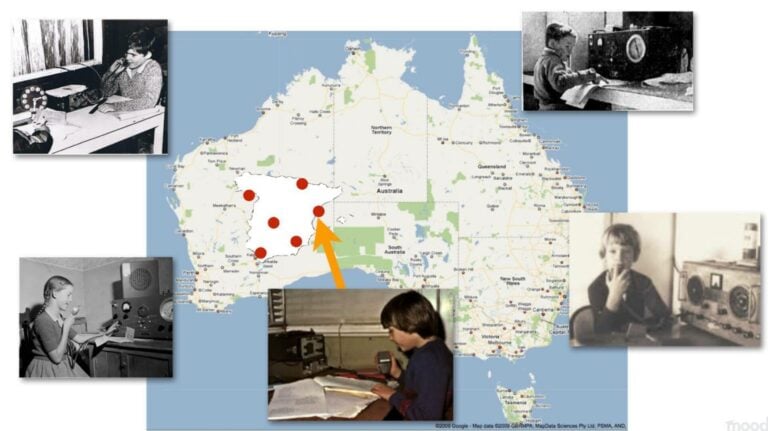
He adds that though we are lucky in Australia, compared to other countries, we don’t often have career teachers who stay till their 50s, because it pays a young person’s salary.”
For Dougiamas, education is the most important thing for society. “I talk a lot about my Greek heritage. Socrates and Plato, and The Academy which was the first university in the world, and has been a model for all universities, ever since,” Dougiamas stressed.
“That kind of deep thinking of how education powers society, and helps us move forward as a species together, you don’t hear much of anymore…But the Greeks were thinking like that thousands of years ago, and the Egyptians even earlier.”
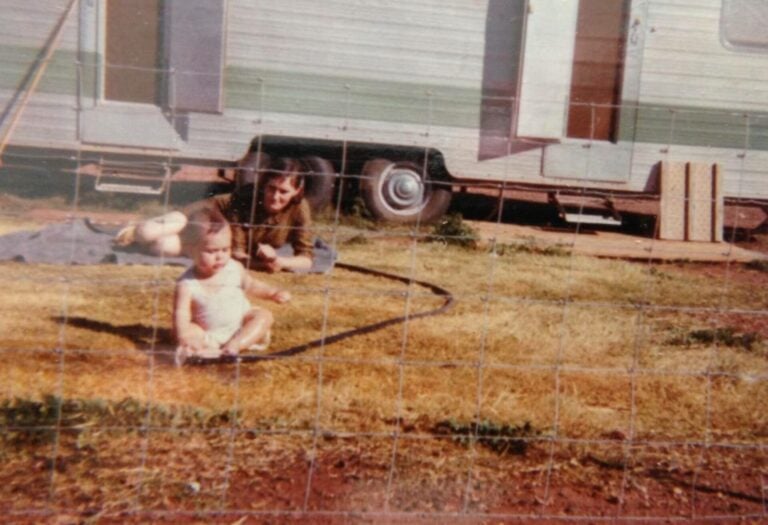
“Recently I spoke about our evolution as a species, where there’s a general trend of a coming togetherness, a connectedness, we’re getting bigger and more complicated. As humans, at one level. But now, what we’re all working on, is organisations; governments, companies, non profits. We are finding ways to work together as an organism, as an entity. We have created an ecosystem of these things.”
In this ecosystem, he explains, there are of course organisms that are literally destroying and making life on the planet worse. “Look at Monsanto, or these giant pharma companies that are profit mad, and they’re doing things that aren’t for the best for everybody. But then there are lots of good organisms as well. And that’s why I talk about open source and of the great initiatives going on around the world.”
“It’s our job to think big, to question ourselves ‘Why am I as a human putting my brain on this work today? What is that worth contributing to? Am I making the world a better place? Am I actually going to solve problems for the generations to come?”
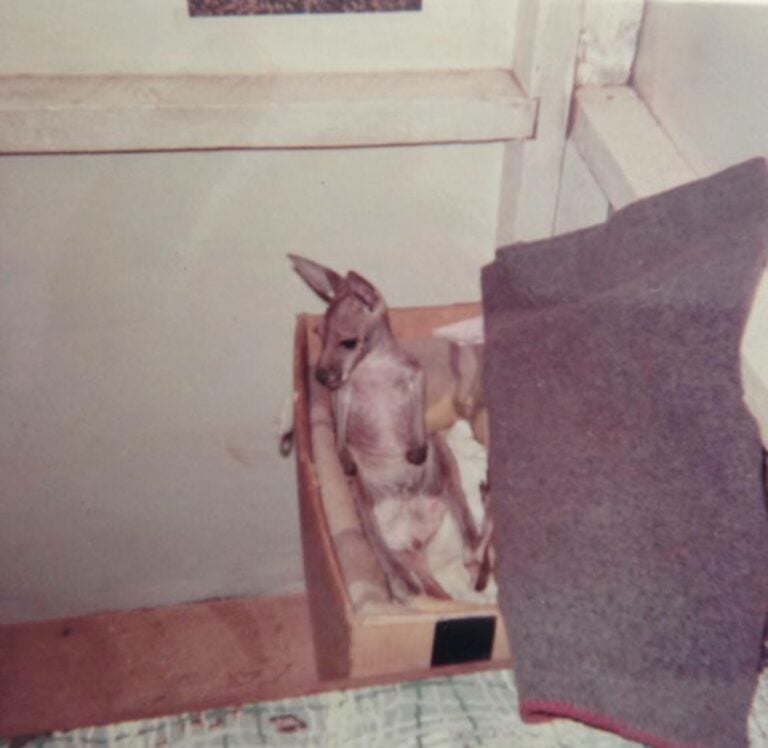
Unfortunately he says everyone is distracted with their phones, with meaningless day-to-day trivia and marketing. This is not always driven by companies, governments do propaganda too… “News which is intended to kind of scare us and farm us and manipulate people. That’s why I think education is the most important thing we should all be working on, because it defines the future. And that is why I do what I do.”
So how do you imagine the future with everything you’ve seen happen in the past 20 years? we ask Dougiamas.
“I’m working on next level stuff now. Moodle itself was good for these last 20 years, and maybe for the next 10 years. But beyond that, we need new systems because in the next decade, and this is a fact, all of us are going to be walking around with phones on our faces. Augmented reality has been talked about for decades.
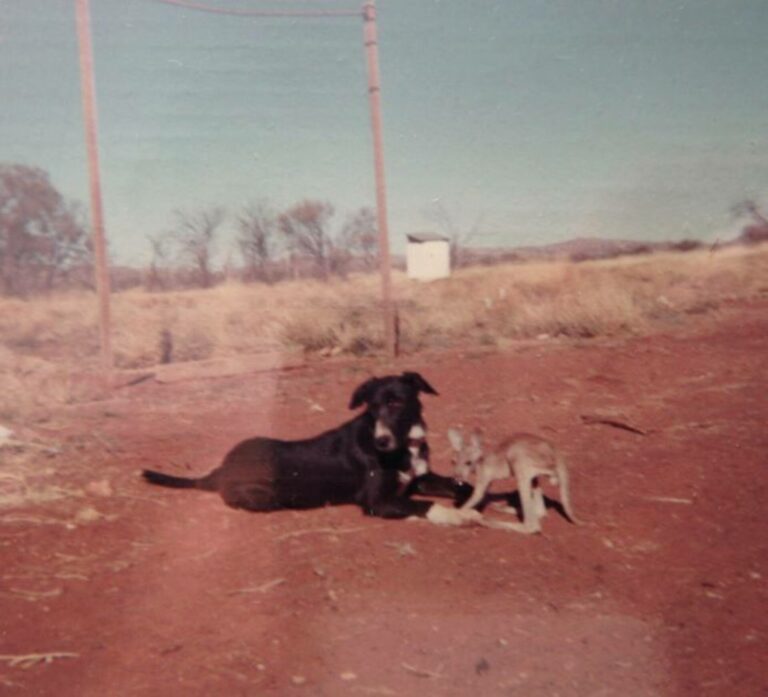
” I’ve been following the trends and the computer science, and it feels to me – with a 100 per cent certainty – that we will be putting on glasses like these as a regular thing, and that the digital world will be overlaid on top of the real world.”
“That monitor you’re looking at now will actually just be floating in space over your house, your room.”
Another thing, he adds, is that there are going to be a lot of artificial intelligences who will be just like people, inhabiting our world.
“We’re going to be sharing our world with a lot of fake humans. They will actually be thinking. AI can now write great music, they can write an article. A lot of the articles I’m publishing are completely written by AI.”
To be able to do that, he explains, its ‘brain’ has been trained to “scrape almost all of the internet. All the texts on the internet have been read by this brain. And it’s not copying or referencing any particular document. It just now knows about everything. And it’s generating this, one letter at a time. It’s quite incredible.”
“That’s just a small example, but it shows how AI can even be creative. We’re all used to talking to Siri or Google. But imagine that, times a thousand, where it understands really complex things, and also learns and gets to know you as a person. They will be doing tons of the work. It could be physically in your house, or digitally on your job.”
And as they come in, he adds, they are going to free us up. And what that means is that we all need to get ahead of that curve and be part of that.
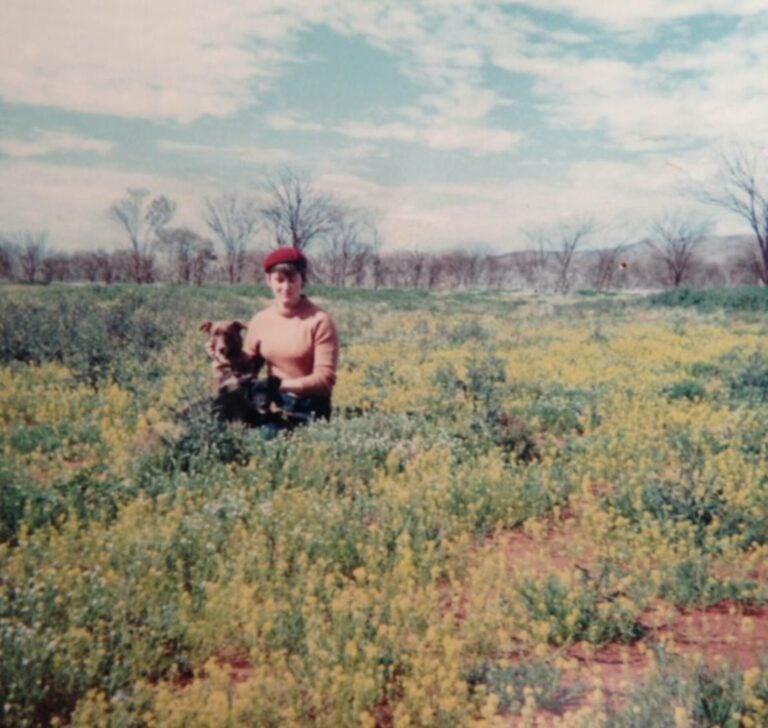
“We are building a race of slaves. That is what AI’s are,” he said, comparing what could become in the future, what life was like in ancient Athens.
“In ancient Athens, they had set themselves up with slaves who did all the work. The women in those days looked after the family, and so the men were free to go and hang out in the Agora, and just have philosophical discussions,” he said.
Dougiamas believes that with AI, we can actually start to solve matters like the universal basic income.
“We can all become creatives and even improve our politics. There’s a company in China that has an AI as the CEO. So AI’s could be the government in the future. It might actually work better for us because it won’t be subject to bribes and politicking and partisanship and will solve problems for us.”
That is the future coming very fast. It’s already sort of here in pockets around us, he reveals, emphasising once again how we need to double down on education.
“We need our kids to know what’s coming, to be in control of that world, and not let it control them.”